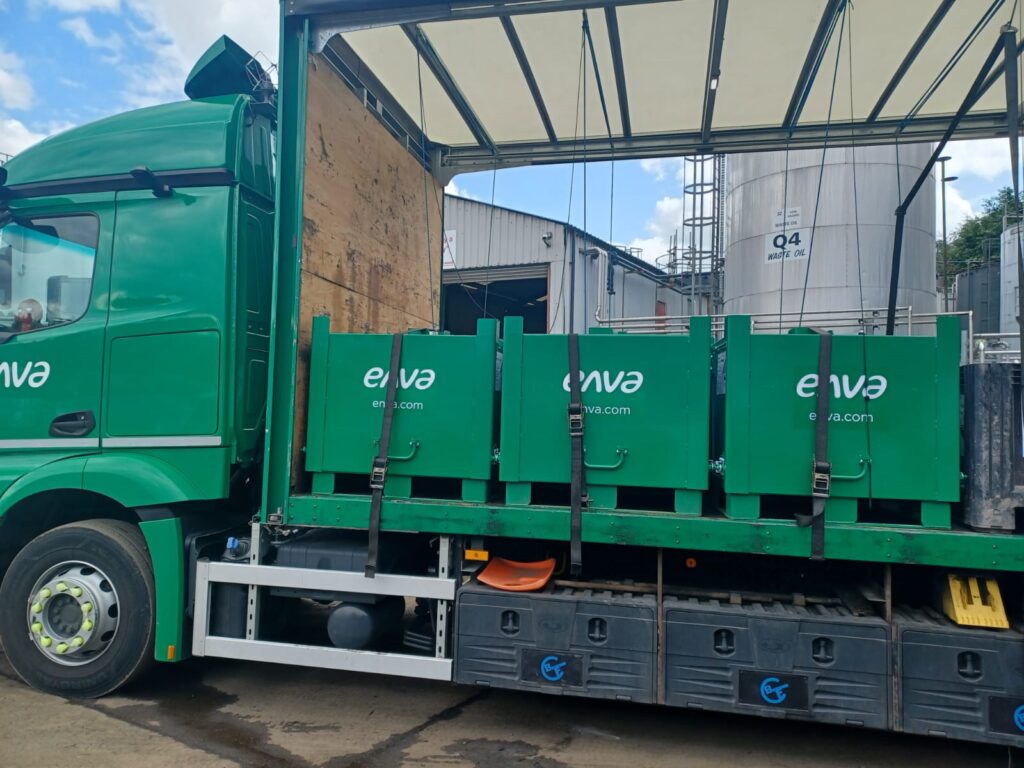Research
The trial, which begins in March and will run for around two years, will be undertaken at APPs Gasplasma plant in Swindon. The Gasplasma process, which has been developed by APP uses gasification and plasma conversion technology to convert residual waste into a clean, hydrogen-rich synthesis gas and a construction material called Plasmarok.
The plant will take the waste-derived gas from the process and convert it to meet the specification for injecting into the gas network. Currently the Swindon plant is supplied with treated municipal and commercial waste from waste management company Shanks.
Advanced Plasma Power chief executive, Rolf Stein, said: The development and implementation of a process to derive Bio-SNG from waste using our unique Gasplasma process has significant global implications for sustainable waste management and low carbon energy solutions. We look forward to demonstrating the process on our plant in Swindon.
National Grid forecast that Bio-SNG will be a key source of energy in the future, with some estimates stating that renewable gas could account for up to one fifth of the UKs heat requirement by 2050.
Infrastructure
The company is currently looking into economic and effective ways to generate energy without the use of carbon, and making the best use of the infrastructure that is currently in place. It is hoped that by using the existing gas infrastructure, Bio-SNG will provide a much cheaper and effective renewable energy than changing the heating infrastructure of the UK to electrically powered heating, which then requires renewable electricity.
Marcus Stewart, future distribution networks manager, National Grid said: This project is a great opportunity to look at the potential of Bio-SNG from both a technical and commercial perspective. The project underlines our commitment to seeking economic and innovative ways to decarbonise energy, while making the best use of the existing network.




.jpg)



Subscribe for free